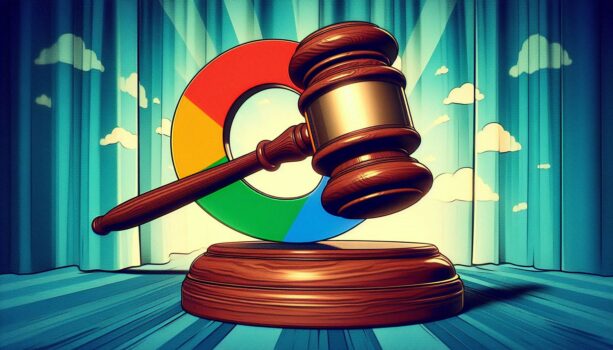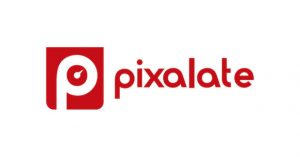Google v DoJ: Week One Court Report
by on 13th Sep 2024 in News

The ‘trial of the century’ for ad tech is underway. We’ll be wrapping up the events from the courtroom every Friday until the trial ends.
As the Google v DoJ trial unfolds, Google’s alleged monopolistic control over the ad market is under intense scrutiny. Industry insiders and experts provide valuable insights into Google’s practices and their impact on competition and innovation within the ad tech ecosystem. So what went down in week one of Google v DoJ? Much scene setting, market definitions and some damning testimony from key witnesses…
Setting the Stage
The trial kicked off this week with the Department of Justice’s opening argument, painting Google as a monopolistic force leveraging its search dominance to control the ad network, server, and exchange. Witnesses highlighted the challenges of switching ad servers and how Google’s practices stifled competition. Google, in turn, defended itself as an innovator in a competitive market, disputing the DOJ’s market definition. At ATS London this week, Trade Desk founder Jeff Green noted that Google’s biggest defence is complexity, and as part of its opening statements Google stated that the DOJ case “cannot prove relevant market.”
Much of the early stages of the trial were dedicated to establishing market definition.
Unpacking Conflicts of Interest
Day two delved into Google’s conflicts of interest, with testimonies underscoring the company’s control over the ad server market.
Publishers expressed feeling trapped by their reliance on AdX’s demand, while Google’s Unified Pricing Rules further limited their control. Testimonies revealed internal dysfunction and deliberate moves by Google to prioritise its ad exchange, disadvantaging publishers. This included testimonies from Amazon Web Services’ Stephanie Layser, Goodway Group’s Jay Friedman, and Google’s former VP of Engineering, Eisar Lipkovitz. Layser stated, “it’s impossible to negotiate with Google.” Lipkovitz highlighted a significant conflict of interest, comparing Google’s control over ad servers and networks to "Goldman owning the stock exchange."
Spotlight on Control and Competition
Conflicts of interest took centre stage later in the week, with testimonies highlighting Google’s strategy to dominate display ads post-DoubleClick acquisition. Former DoubleClick CEO emails unveiled Google’s ambition to control a significant portion of display inventory. Expert witnesses criticised Google’s auction practices for disadvantaging competitors, while industry players emphasised Google’s unfair advantage due to its vast user data access.
Google’s cross-examination focused on all of their alleged inventory quality and fraud prevention measures on their ad network. Ravi Ramamoorthi, Professor of Computer Science at UC San Diego acted as the DOJ's first expert witness. His evaluation concluded that Google's conduct was not implemented in an optimal way to sell impressions for customers” and it “advantaged its own products” while disadvantaging others in the ad tech industry.
Jed Dederick, CRO at The Trade Desk also took to the witness stand. He stated his belief that the buy side should serve the buy side, and the sell side should serve the sell side only, as each side has different interests. This was echoed by Jeff Green at ATS London, as he spoke of Google’s role as ‘offensive player, defensive player and referee’, and this type of total control came into clear focus during the first week of the trial.
As the Google V DoJ case unfolds, we'll be closely watching to see how the trial will shape the future of the digital advertising landscape. Stay tuned for more updates next week as the trial progresses.
Ad NetworkAd ServerAd TechGoogleLegal








Follow ExchangeWire